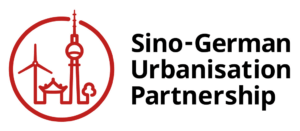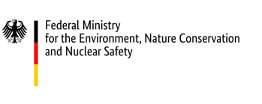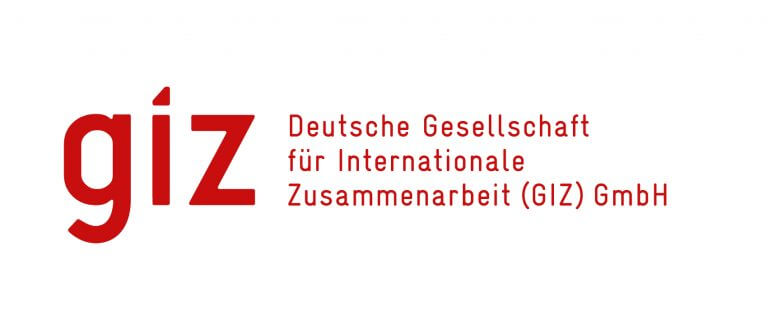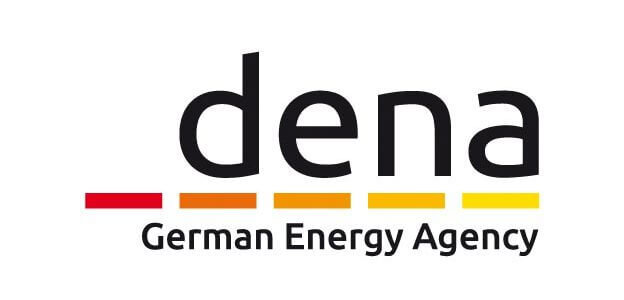
In 2013, German Chancellor Angela Merkel and Chinese Premier Li Keqiang initiated the Sino-German Urbanisation Partnership as a response to rising rates of urbanisation, a higher frequency of climate change-induced natural disasters and increasing levels of environmental degradation. The partnership was overseen by the Ministry for the Environment, Nature Conservation and Nuclear Safety (BMU) of the Federal Republic of Germany and the Ministry of Housing and Urban-Rural Development (MoHURD) of the People’s Republic of China, and the Deutsche Gesellschaft für Internationale Zusammenarbeit (GIZ) was responsible for implementing the Partnership Project since June 2016. Funded through the International Climate Initiative (IKI) of BMU, the project focused on promoting sustainable, integrated urban development in China and Germany.
The governing structure of the Sino-German Urbanisation Partnership consisted of a Steering Committee and an Annual Meeting of the Working Group on Urbanisation that involved all active members in the Partnership. Every three years a High-level Forum on Urbanisation was held, alternating between China and Germany.
The partnership aimed to address the economic, social and environmental challenges created by a fast-paced urbanization processes and climate change in both China and Germany. The partnership was working to influence political dialogue and create platforms for cross-city institutional exchange of experiences, facilitate knowledge exchange and promote capacity building that can drive the development of joint solutions to these challenges.
Key targets of the exchange were to reduce CO2 emissions, promote a more balanced urbanization development and improve quality of life in cities in both China and Germany. The initiative also encouraged other stakeholders working in the field to join the partnership and organize activities that promote progress towards these targets.
This project was part of the International Climate Initiative (IKI). The Federal Ministry for the Environment, Nature Conservation and Nuclear Safety (BMU) supported this initiative on the basis of a decision adopted by the German Bundestag.
Through capacity development and training for German and Chinese officials, municipal actors, urban planners, developers and other relevant stakeholders, the Partnership strengthened sustainable and integrated urban development in both countries.
21. December 2021







Head of Cluster
Sustainable Transition – Infrastructure & Cities, Mobility, Energy, Environment & Circular Economy
Deutsche Gesellschaft für Internationale Zusammenarbeit (GIZ) GmbH
